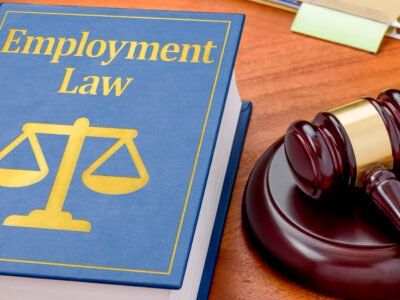COURSE DESCRIPTION
to all legal and HR professionals who wish to acquire advanced skills in the field of Administrative Investigation and to know the difference between administrative and criminal investigation, and to acquire advanced knowledge of the best methods to eliminate labor violations..
LEARNING OUTCOMES
- Applications and examples in writing legal memos.
- Skills and methods of the lawsuit, the legal formulation for legal purposes.
- Skills of contract preparation and conclusion.
- Negotiation and conflict resolution skills.
- Full knowledge of available and applicable discipline procedures against public officials.
- Acquiring advanced skills in dealing with judicial authorities and knowing their powers.
- Persuasion and negotiation skills.
- Drafting documents, notes, statements and legal notes of all kinds
COURSE OUTLINE
Legislation and laws regulating work (social insurance, labor law, minimum wage) definition, interpretation and importance
- What is an investigation?
- The role of an investigator
- At a glance chart
- Step 1: Organizational Preparation
- Deciding if an investigation is necessary
- What is to be investigated?
- How long may an investigation take?
- Decide who will deal with the matter
- Choose an investigator
- Keep the matter confidential
- Possible temporary measures
- Criminal proceedings
Step 2: An investigator’s preparation
- Draft an investigation plan
- Check policies and procedures
- Identify possible sources of evidence
- Identify possible parties relevant to the investigation
- Decide in what order evidence should be collected
- Consider the health and well-being of staff involved
- Arrange where meetings will take place
- Contact relevant parties and their managers
Step 3: Handling an investigation meeting
- What is an investigation meeting?
- Can an interviewee be accompanied?
- Recording an investigation meeting
- Investigation meetings – the process
- Investigation meetings – tips and tactics.
- Reluctant witnesses
- Handling a refusal or failure to attend an investigation meeting
- Employee relationships and motives
Step 4: Gathering evidence
- Witness statements
- Written records and documents
- Physical evidence
- Considerations if searching personal possessions
Step 5: Reporting the investigation findings
- Writing an investigation report
- Reporting what is likely to have happened
- Requests to make a recommendation
Step 6: After an investigation is completed
- Concluding the role of an investigator
- Recommendations unrelated to the investigation matter
Clarifications and further enquiries
- Keeping investigation reports
Course Features
- Lecture 0
- Quiz 0
- Duration 25 hours
- Skill level All levels
- Language English
- Students 150
- Certificate No
- Assessments Yes







